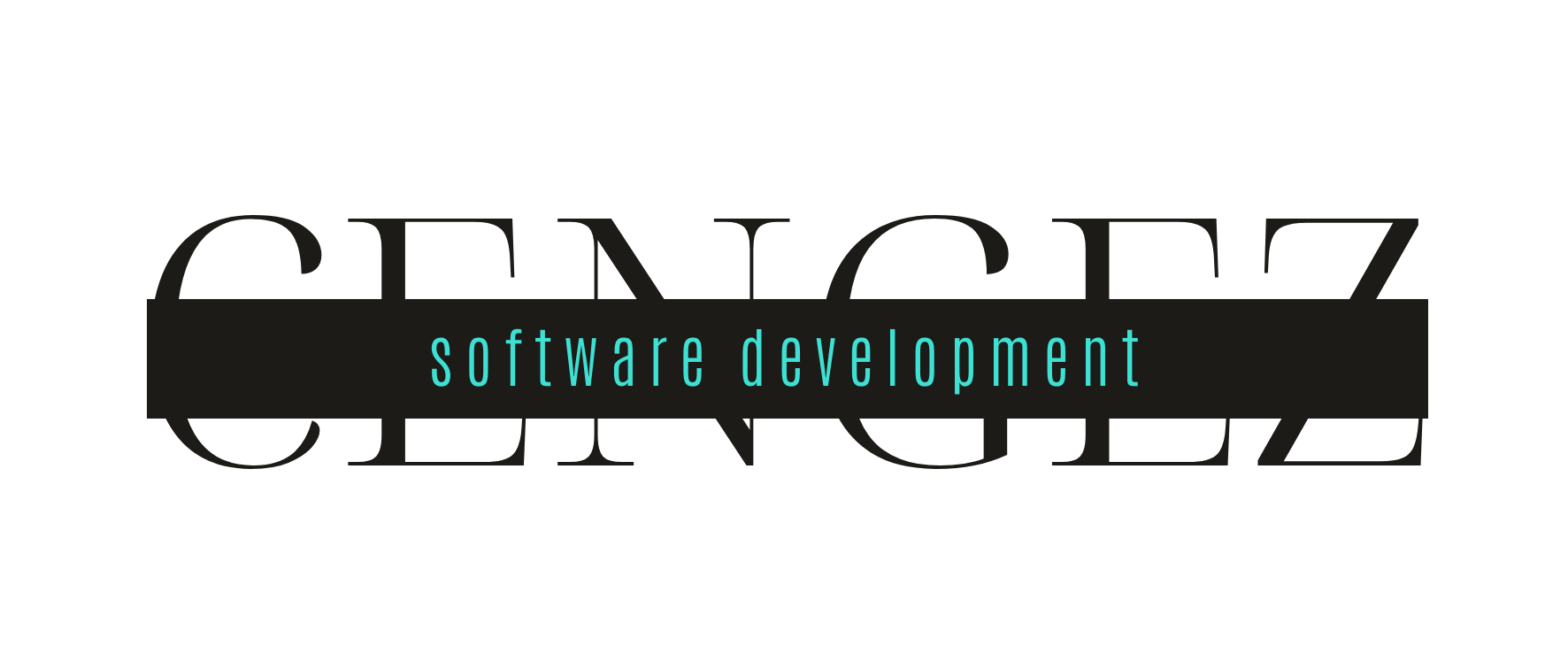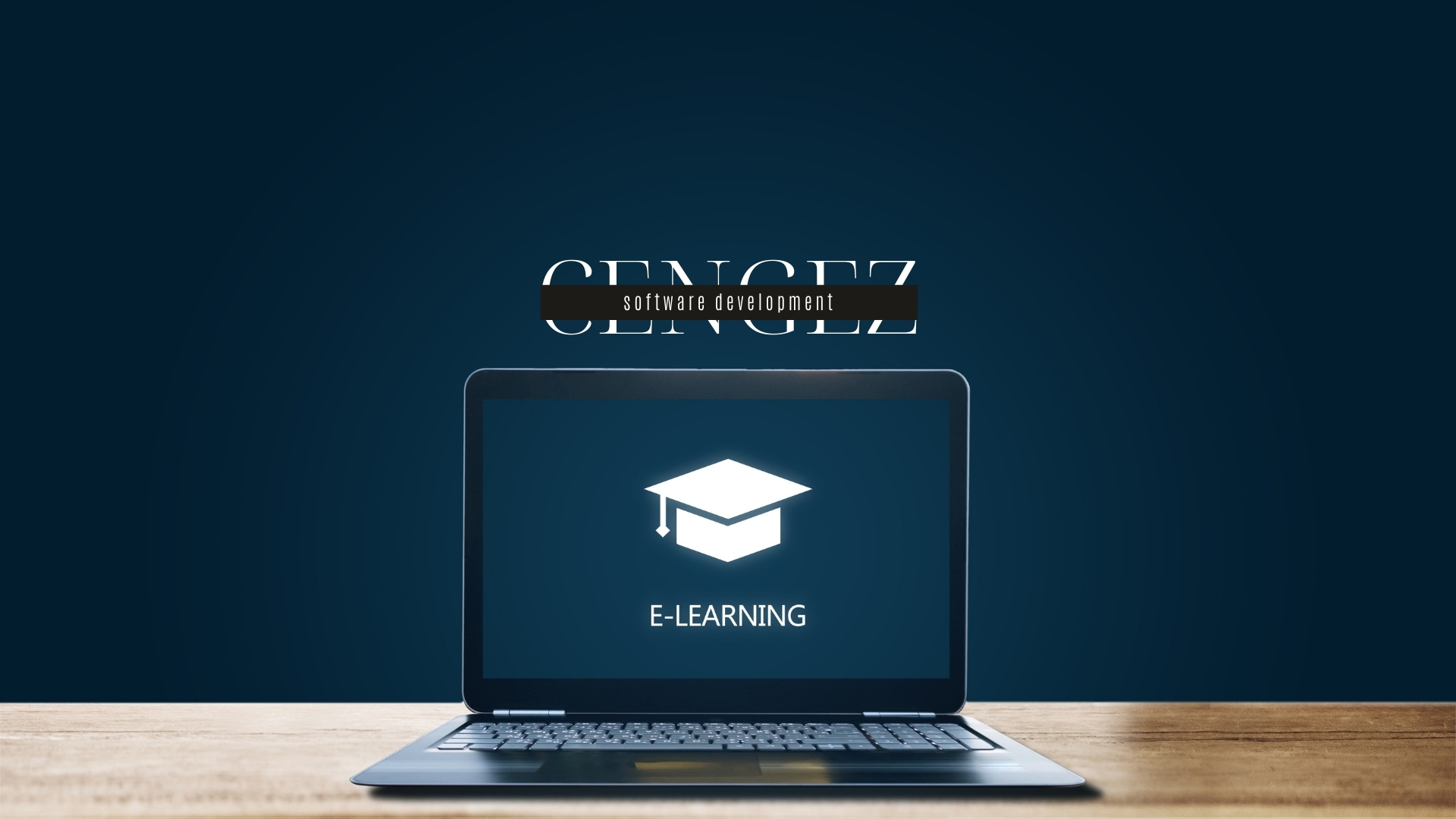Learning Management Systems (LMS) - Set Up Your Digital Classroom
Education is undergoing a significant evolution with digital transformation. Traditional classroom-based learning methods are increasingly being replaced by digital and online learning platforms. At the heart of this transformation are Learning Management Systems (LMS). LMS developed with web-based programming provide an effective and accessible learning experience for educators and students.
What is Learning Management Systems (LMS)?
Learning Management Systems are software that enables the presentation, management, and monitoring of educational materials in a digital environment. LMSs include many functions such as the creation of courses, student registrations, evaluations, feedback, and learning analytics. These systems, developed using web-based programming languages and technologies, are accessible over the internet and allow users to access educational materials from any device.
The Advantages of LMSs
- Accessibility and Flexibility: LMSs can be used from anywhere and from any device with internet access. This allows students and educators to access educational materials without any time or place limitations. It offers great flexibility, especially for adult students with work or other obligations.
- Customized Learning Experience: LMSs can be customized according to students' individual learning rates and preferences. Personalized content, adaptive learning paths, and feedback mechanisms help students learn more effectively and efficiently.
- Efficiency and Time Management: Educators can easily manage course materials, assignments, and exams through LMS. Automatic assessment tools reduce the workload of teachers and allow them to deal with more students. In addition, students can access the course materials at any time they want through LMS and manage their own learning programs.
- Real-Time Monitoring and Analysis: LMSs monitor and analyze students' progress and performance in real time. This allows educators to better understand students' learning processes and intervene quickly when necessary. Learning analytics allows for the continuous improvement of educational materials and teaching methods.
- Comprehensive Content Management: LMS's allow for easy management of training materials (text, video, sound, interactive content) in various formats. Educators can update course content, add new materials, and share with students.
Developing LMS with Web-Based Programming
Some of the basic web-based programming languages and technologies used to develop LMS are:
- HTML, CSS, and JavaScript: They are the fundamental components in creating user interfaces. JavaScript frameworks like React, Angular, and Vue.js provide dynamic and interactive user experiences.
- Backend Technologies: Languages and frameworks such as Node.js, Python (Django, Flask), Ruby on Rails are used for data processing and server-side operations. These technologies ensure the efficient and secure operation of LMSs.
- Database Management Systems: Databases such as MySQL, PostgreSQL, MongoDB are used to store and manage student data and educational materials. It provides fast and reliable data access and management.
- API Integrations: RESTful APIs and GraphQL enable the integration of LMSs with other educational tools and platforms. These integrations make data flow seamless and enable systems to work together.
- Cloud Services: Cloud services like AWS, Google Cloud, Microsoft Azure increase the scalability and accessibility of LMSs. They offer high performance and data security.
Learning Management Systems (LMS) created with web-based programming are indispensable tools for effectively managing educational processes in a digital environment. By offering advantages such as accessibility, customizability, efficiency, real-time tracking, and comprehensive content management, they improve the learning experience of educators and students. LMSs developed using modern web technologies continue to pioneer the digital transformation in the world of education. Providing robust and flexible LMS solutions to ensure a successful learning process for educational institutions and businesses will continue to be of great importance in the future.

